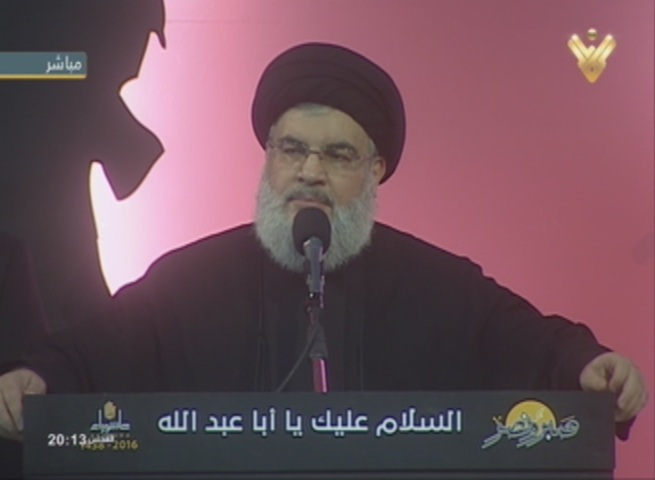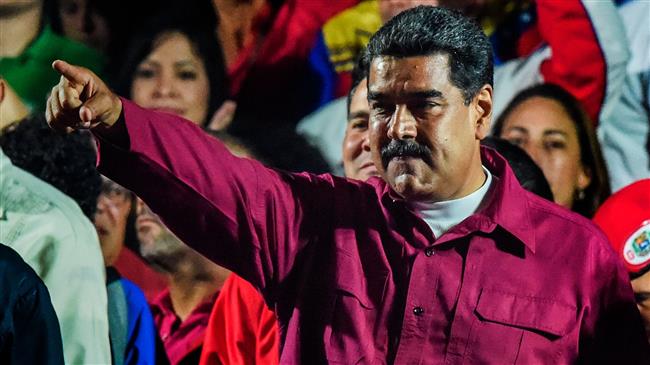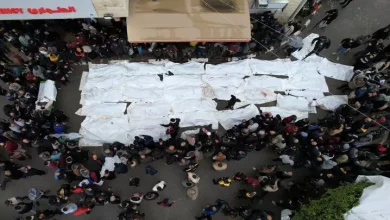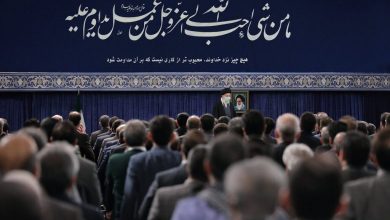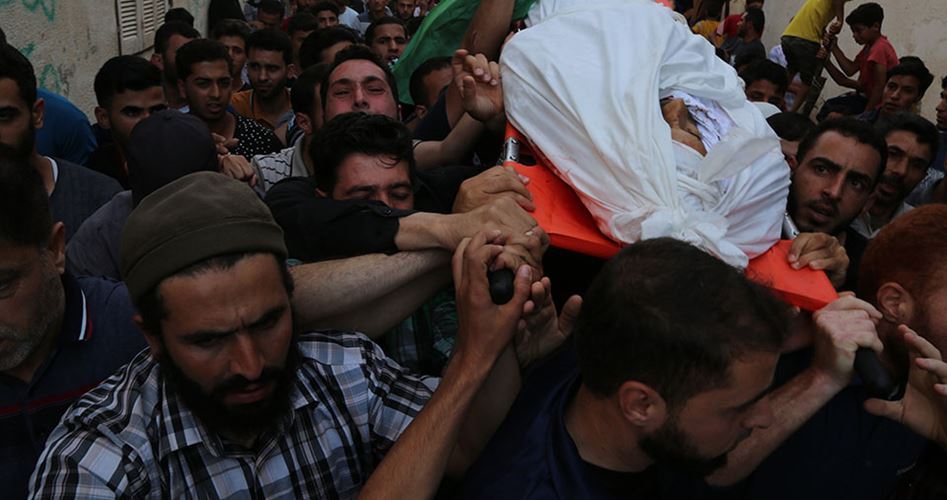Gambia political settlement positive for West Africa: Analyst


Gambian President Yahya Jammeh has accepted to step down from power in order to stop military invasion of his country by West African forces. The regional forces invaded the Gambia to remove Jammeh following his refusal to cede power to president-elect Adama Barrow.
Douglas Degroot, with the Executive Intelligence Review from Leesburg, says Jammeh’s acceptance to relinquish power is a major step to avoid further conflict and bloodshed in West Africa.
The decision by Jammeh to step down from power is “a very positive development for all of West Africa,” because the situation in the whole region could have turned into turmoil, Degroot told Press TV’s Top 5 on Friday night.
He argued that the peaceful settlement of the politician chaos in the Gambia stops at least one dilemma in the “nasty situation of West Africa,” which has been already involved in fighting terrorism in Nigeria and Mali.
There have been reports that “some of Charles Taylor [former president of Liberia] mercenaries from the Liberian civil war period were possibly going to get involved” in the election crisis of the Gambia, he stated.
He touched upon the impact of regional pressure on the longtime president, noting, “Jammeh finally got the message that this (refusal to cede power) just is not going to be tolerated” by the regional powers.
Countries like Senegal, Nigeria, Liberia and Ghana threatened the Gambian president that if he refuses to accept his defeat in the election and relinquish power, they would bring him down to make sure President-elect Adama Barrow would take office.
Jammeh found himself very “isolated” when other nations in West Africa signaled their support for the president-elect and urged the long-time president to step down, he said.
Jammeh, who lost the vote by a slim margin to Barrow, first accepted the defeat in December’s election but then changed his mind and said there were irregularities in a recount.
